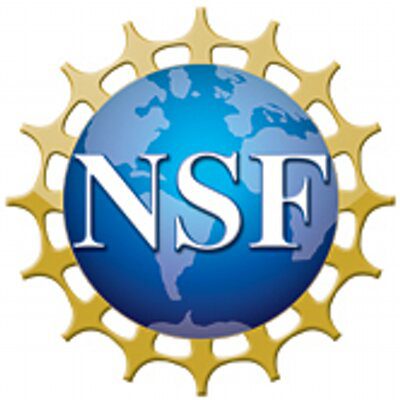Geography & Earth Sciences goes WAY south.

Dr. Eppes was just awarded an NSF grant to study rock cracking in Antarctica! Collaborative Research: Landscape Evolution in the McMurdo Dry Valleys: Erosion Rates and Real-time Monitoring of Rock Breakdown in a Hyperarid, Subzero Environment. The McMurdo Dry Valleys (MDV) region of Antarctica is one of the coldest, driest, and windiest places on the planet, and is often used as a comparison for the surface of Mars. It is also the largest ice-free region of Antarctica, and thus its deposits and landforms contain unique records of climate change not available anywhere else in the continent or the world. In order to accurately interpret any geologic feature, however, we must understand how it forms and changes through time. In particular, in the MDV, we have a poor understanding of the rates and causes of one of Earth’s most fundamental geologic phenomenon – physical rock breakdown. The MDV notably lacks moisture, which is thought to play a key role in rock cracking throughout the rest of Earth. What serves to fracture rocks in this seemingly inert environment? This project aims to answer that question by actually ‘listening’ to rocks as they crack in the MDV. We will instrument boulders with sensors that act as miniature seismographs, recording even the smallest microcracking on and within the rocks. At the same time, we will monitor the weather and environment around the rocks to record the conditions that trigger this cracking. While we wait for our rocks to crack, we will also collect samples from different aged deposits (from thousands to millions of years old) in the MDV. We will later make measurements on these samples that will allow us to see how quickly rocks break down and how their characteristics change over geologic time. The combined datasets will allow future scientists to more accurately understand the paleoclimates and landscapes of Antartica, and possibly even Mars. In addition to the science component of this work, it will also serve to support two female PIs in a field where women are still largely under-represented. The project will also provide unique exposure and experience to students, ranging from the elementary students with whom we will be Skyping from Murcmurdo Staion, Antarctica, to the undergraduate and graduate students who will be working on various aspects of the project.